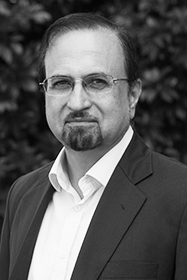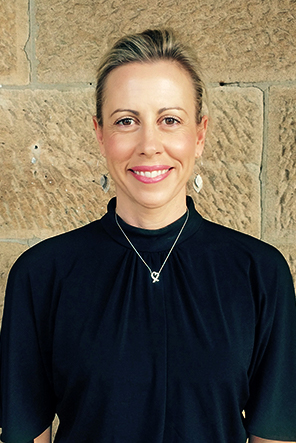HEIDI DOUGLASS | h.douglass@unsw.edu.au
Co-Director of UNSW Sydney’s Centre for Healthy Brain Ageing (CHeBA), Professor Henry Brodaty AO, has today been awarded close to $1.5 million across two projects analysing risk of dementia and improving quality of care for people diagnosed with neurodegenerative disease.
The funding, received from the EU Joint Programme on Neurodegenerative Disease Research (JPND), forms part of the National Health and Medical Research Council (NHMRC) Boosting Dementia Research Grants; a federal initiative to provide $200 million over a five-year period to accelerate dementia research.
Current research suggests strong potential for improving quality of life for those living with neurodegenerative diseases such as Alzheimer’s disease, with novel health and social care concepts and innovations focusing on the preservation of dignity, independence and social inclusion.
JPND has selected ten teams which include Professor Brodaty’s Co-designing Dementia Diagnosis and Post-Diagnostic Care (COGNISANCE) team, who had ambitious, innovative and multi-disciplinary collaborative projects addressing health and social care at both the macro level of systems and infrastructures and the individual level of patients, carers and families.
“Despite many national guidelines for the management of dementia, people diagnosed with Alzheimer’s their families and carers often receive inadequate care,” said Professor Brodaty.
“The first project will involve developing international toolkits co-designed with people with dementia and clinicians to facilitate high quality post-diagnostic care and a positive quality of life.”
Professor Brodaty’s second project aims to understand the link between socialisation and lower risk of dementia by analysing large global data sets and by developing interventions to enhance stronger social connections.
Chair of JPND, Professor Philippe Amovel, said: “While waiting for new treatments to emerge from basic and translational research, we need to support projects that could deliver immediate impactful developments which health and social care research and innovation may be able to achieve. This includes new insights that point to the potential for improved patient empowerment, civic partiicpaton and quality of life.”
Professor Brodaty said that he was optimistic about the future of dementia research and the promise of this particular project.
“A major research focus at CHeBA is to determine which risk and protective factors for Alzheimer’s disease and other dementias are global,” said Professor Henry Brodaty. “An important immediate component of that is addressing novel health promotion strategies that will reduce the impact of the disease for people with dementia and their families and carers,” he said.
“This funding will take us one step closer to achieving our goal of prevention, early diagnosis and better care,” said Professor Brodaty.
Partners involved in the COGNISANCE research are: Professor Perminder Sachdev, CHeBA, UNSW Sydney, Lee-Fay Low, University of Sydney, Australia, Isabelle Vedell, McGill University, Canada, Frans Verhey F, Maastricht University, The Netherlands, Greta Rait, University College London, United Kingdom, Louise Robinson, Newcastle University Institute for Ageing, United Kingdom, Joanna Rymaszewska, Wroclaw Medical University, Poland




